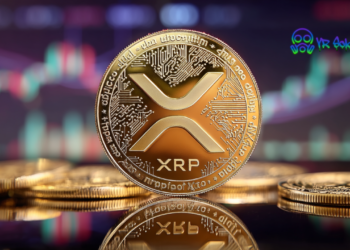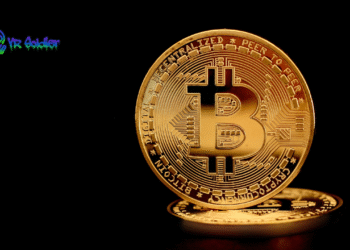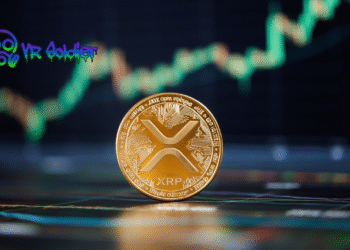Market manipulation refers to illegal activities that attempt to artificially influence the price or trading volume of a financial market, such as stocks, commodities, or cryptocurrencies. It involves various deceptive practices aimed at misleading other investors and taking advantage of them for personal gain. Market manipulation can disrupt the natural supply and demand dynamics of the market, leading to distorted prices and unfair trading conditions.
There are different forms of market manipulation, but some common techniques include:
- Pump and dump: This scheme involves artificially inflating the price of a particular asset by spreading positive or misleading information to attract investors. Once the price rises, the manipulators sell their holdings, causing the price to collapse and leaving other investors with significant losses.
- Spoofing: This strategy involves placing a large number of buy or sell orders with the intention of creating a false impression of demand or supply. Traders cancel these orders before they are executed, influencing the market price in their desired direction. This tactic deceives other investors into making trading decisions based on false information.
- Front running: In this practice, a trader who has access to privileged information executes orders on their own behalf before executing orders on behalf of clients. By exploiting this information advantage, the trader can profit from the price movements resulting from the client orders.
- Wash trading: This involves creating artificial trading activity by simultaneously buying and selling the same asset to create a false impression of increased trading volume. The manipulator often uses multiple accounts to conduct these trades, giving the appearance of market interest when there is none.
Market manipulation can have severe consequences for the integrity and efficiency of financial markets as seen in the cryptocurrency space. It erodes investor confidence, distorts asset prices, and undermines the fair and transparent functioning of markets. Regulators and authorities around the world actively monitor and investigate suspicious activities to detect and prevent market manipulation.
To combat market manipulation, regulatory bodies enforce strict rules and regulations, conduct surveillance of trading activities, and impose penalties on those found guilty. Additionally, increased transparency, improved technology, and investor education play crucial roles in preventing manipulation and maintaining a level playing field for all participants in the market.
Disclosure: This is not trading or investment advice. Always do your research before buying any cryptocurrency or investing in any service.
Follow us on Twitter @thevrsoldier to stay updated with the latest Crypto, NFT, and Metaverse news!
Image Source: photonphoto/123RF// Image Effects by Colorcinch












